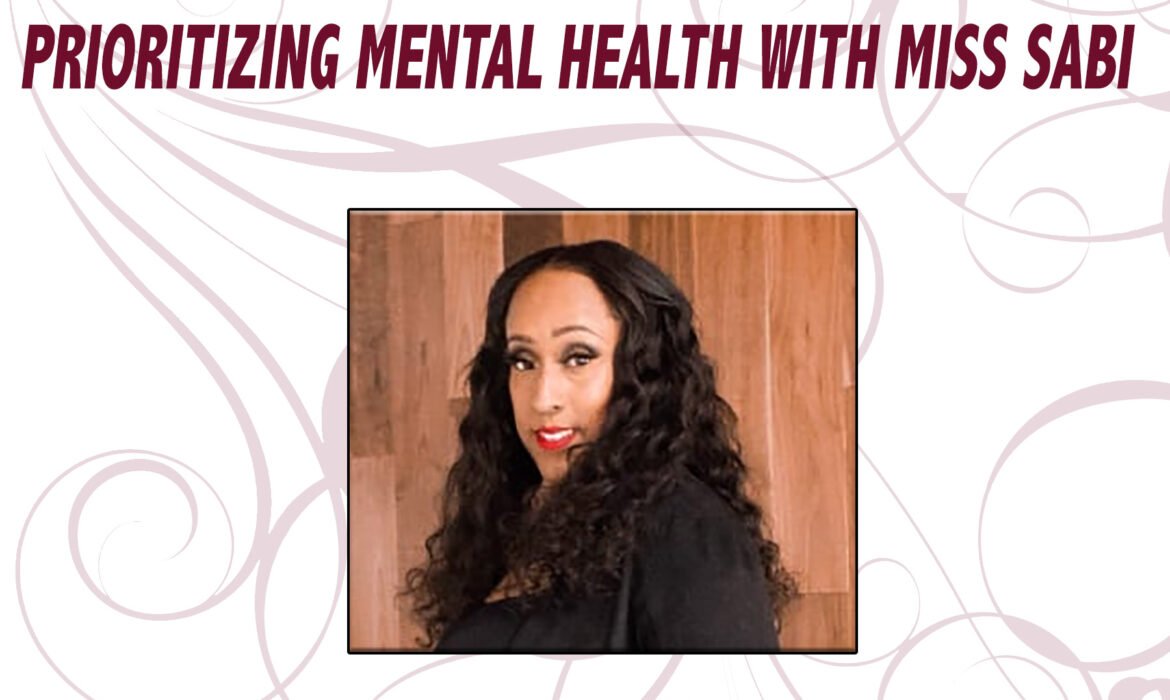Salutations!
I hope you all are having a fan
tastic summer! I know I am! Today, I want to discuss something that has been “in my face” so much since my last article—let’s see if you can guess what it is…
I write this column, but I wasn’t even sure if anyone besides my immediate family was actually reading it…Then I went to the Carimas parade and bumped into a lot of my parents’ friends who said, “I look forward to reading your article!” My daughters went to an event the other day and came home saying, “Mom, ___ said they love your articles! And thank you for continuing to educate our community!” Every time someone expresses appreciation, I think to myself, “Man, I love my community.” My community inspires me and motivates me to keep pushing forward.
Last month, I had to write a page about a Black figure who impacted my life and that of the Black community. I chose to write about Uncle Egbert. Here’s an excerpt:
…Uncle Egbert, through the Montreal Community Contact, kept the Caribbean community informed, celebrated, and united… And somehow, Uncle Egbert showed up at nearly every community event—he truly showed up for us.
Uncle Egbert saw the value in community. You must have guessed what I’ll be focusing on by now—yes, community! But what exactly is community, and why does it matter for mental wellness? The other day, I was completing a course for my doctoral studies, and within this course, community was defined as follows: “A group of people with a shared identity or interest that has the capacity to act or express itself as a collective.” This can include geographic, organizational, or interest-based groups.
Scientific research shows that people who feel connected to a community report fewer symptoms of depression and anxiety. Community offers belonging, support, shared identity, and even physical health benefits. It creates a buffer against stress and helps people feel less alone. Faith-based groups like churches do more than offer spiritual guidance—they provide support systems, celebrate milestones, and help people feel seen. That sense of connection has real mental health benefits.
Some people get labeled as social media junkies for spending time on apps like Facebook. Additionally, youths often tell me that “only old people use Facebook.” Honestly, I don’t care—I love Facebook! But why is that? Because it’s more than just scrolling. Facebook is a digital gathering place where people share memories, celebrate milestones, and stay connected. For many—especially those who are physically isolated—it acts as an online community. Research shows that older adults who actively use Facebook experience lower levels of loneliness and greater emotional well-being. The platform also allows people to “hold space” for one another by showing support, listening without judgment, and simply being present. In that way, Facebook becomes not just a social network, but a space of care, connection, and belonging. So young people, leave us alone—Facebook is therapeutic for some of us! LOL
Finally, some of us like to “give back to our communities,” and while our communities benefit from our humanitarian work, there’s a reason why people keep doing it. Volunteering and giving back is more than a good deed—it’s medicine. Studies show that helping others can reduce stress, improve mood, and even lengthen your life. It creates purpose and helps people feel more rooted in their communities. Even small acts—like helping with an event or checking in on a neighbor—boost both emotional and physical health. That’s the power of community care.
So, is community worth the effort? Absolutely. Whether it’s your cultural group, church, neighbors, Facebook circle, or volunteer team, being part of something bigger than yourself isn’t just nice—it’s necessary. For your mental health, your sense of identity, and your joy. Homework: take a look at your life. Do you belong to any communities? Do you hold space for others? Is there somewhere where space is held for you? If you do belong to a community, nurture it—and show up for others the way they show up for you. If you don’t, consider finding—or creating—a space where you feel seen, valued, and connected.
Holding space for you, always,
Miss Sabi
















